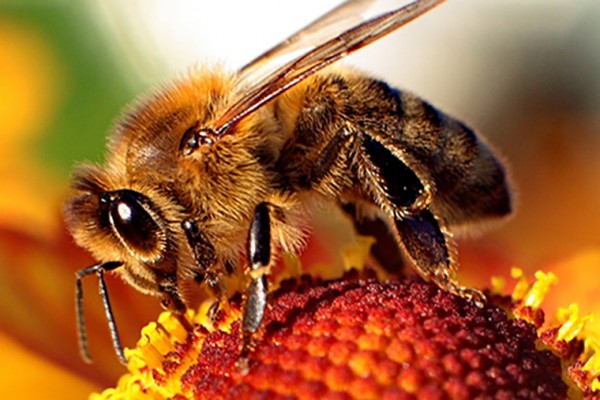Manganese speeds up honey bees
The industrial metal manganese, once scarce, is now ubiquitous in our environment. New work suggests that it addles honey bees, which often act as sentinel species for environmental contaminants, even at levels considered safe for humans.
A novel mechanism for fast regulation of gene expression
Yehuda Ben-Shahar and his team at Washington University in St. Louis have discovered that some mRNAs have a side job unrelated to making the protein they encode. They act as regulatory molecules as well, preventing other genes from making protein by marking their mRNA molecules for destruction.
Can behavior be controlled by genes? The case of honeybee work assignments
In an article published in the advance online edition of Genes, Brain and Behavior on April 6, 2012, a biologist at Washington University in St. Louis and his colleagues demonstrate that the division of labor among honeybees is correlated with the presence in their brains of tiny snippets of noncoding RNA, called micro-RNAs, or miRNAs, that suppress the expression of genes.


